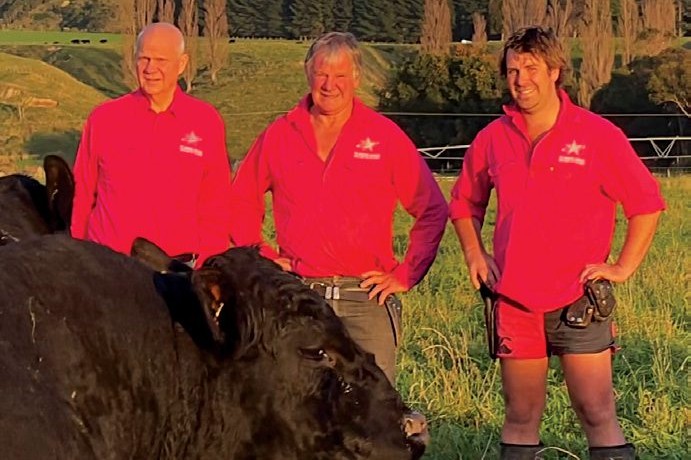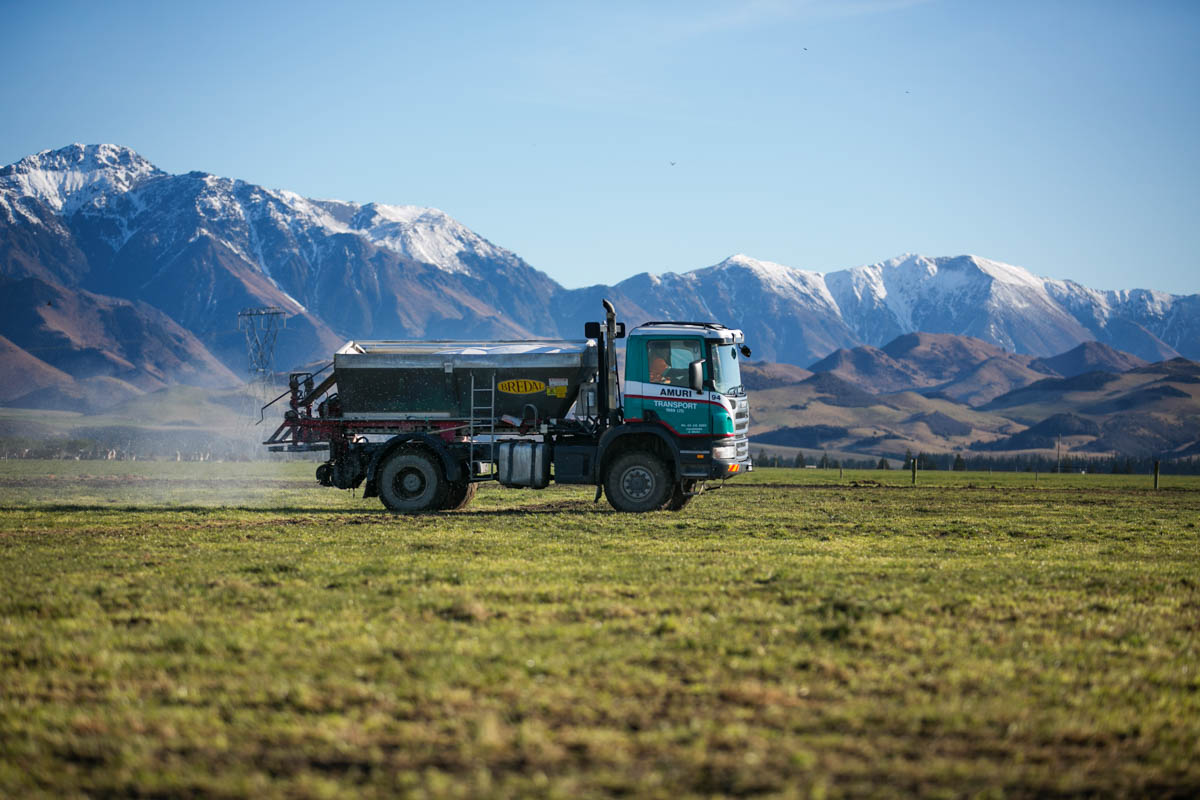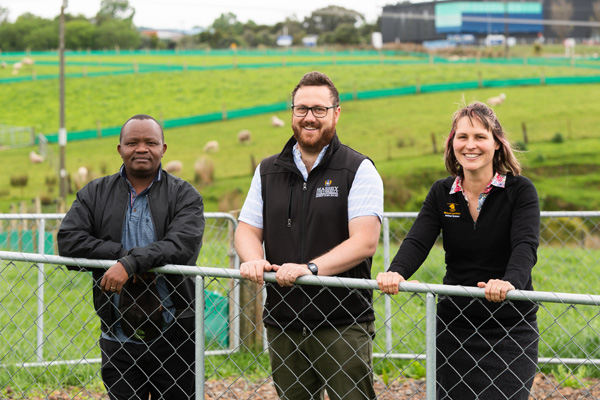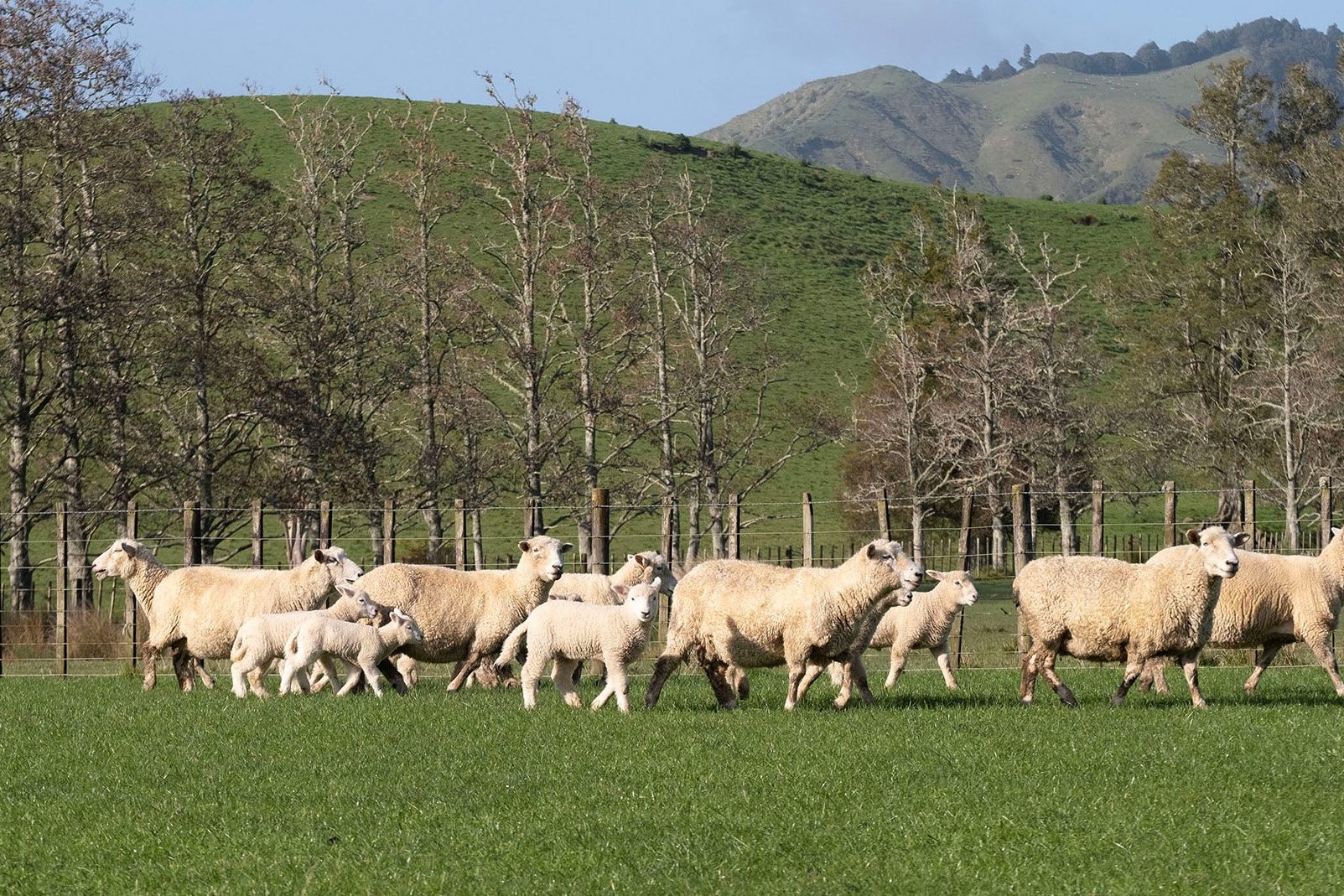Te Mania pulls new backing
When Thomas Grothe heard that Te Mania was looking for an investor last year, he didn’t sit on his hands. Grothe, of German descent, was keen to be part of New Zealand’s farming industry and he needed the right engine.

When Thomas Grothe heard that Te Mania was looking for an investor last year, he didn’t sit on his hands. Grothe, of German descent, was keen to be part of New Zealand’s farming industry and he needed the right engine.
What Grothe saw was a thriving stud business with strong foundations, a keen eye for progression in new technologies and Will Wilding, the young man with an innovative mind, vast knowledge, and a desire to make it all work.
He was particularly interested in the talks of improving feed efficiency when he initially began discussions with the Wilding family.
“Methane is going to be the next big issue for farmers and we know that net Feed Intake and methane emissions are closely correlated at 0.9,” Will says.
One of the first partnerships forged since Grothe came on board is with Vytelle, a global precision livestock company focused on reshaping the industry and genetic progress. Vytelle Sense is a research feed pad technology that identifies the most efficient/elite performing animals with an individual animal feed intake and weight gain data capture system.
Animals are run through a feed pad in groups of 35 bulls or 40 heifers for 66 days and the Vytelle technology collects individual weight, feed intake and behaviour data on cattle in the pens as they eat and drink.
Vytelle claims genetic selection for feed efficiency will reduce feed intake by up to 12%, reduce methane production by 30% and improve profitability.
Since shifting to AngusPRO, Te Mania has access to the Net Feed Efficiency EBV. However this is calculated with genomics alone and has a moderate accuracy of around 40%. The addition of phenotypic data from the feed pad will improve this accuracy.
Embryo Transplant will allow Te Mania to flush the most feed-efficient females in the herd and after sourcing semen from the most feed-efficient sires, they will be able to generate a refined bloodline that has reduced methane emissions and this will undoubtedly have appeal to the end consumer.




